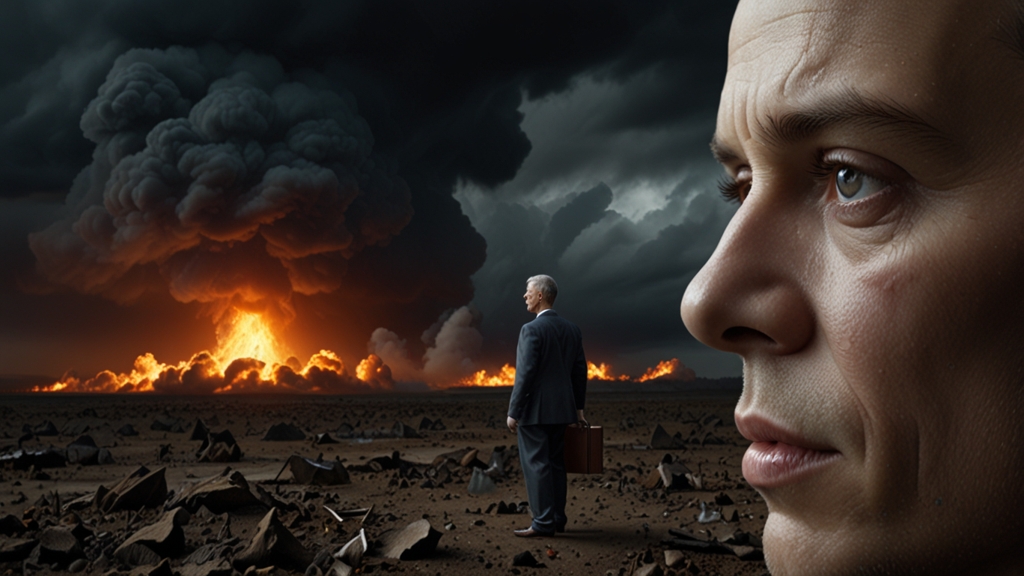The Psychological Impact of World Wars on Veterans and Families
The World Wars left an indelible mark on history, reshaping nations and redefining global politics. Yet, beyond the political ramifications and the economic upheaval, there lies a more personal, more human story — the profound psychological impact on veterans and their families. This article explores the deep emotional scars left by the wars and the enduring effects felt across generations.
The Veterans: Bearing the Brunt of War
Combat exerts immense psychological pressure on soldiers. Veterans of the World Wars often returned home bearing not just physical injuries, but deep psychological wounds. The constant exposure to violence, death, and destruction fundamentally altered their perceptions and mental health.
One common affliction among World War veterans is Post-Traumatic Stress Disorder (PTSD). This condition, virtually unrecognized during the early 20th century, manifested through symptoms such as anxiety, nightmares, flashbacks, and severe depression. Veterans struggled to reconcile their wartime experiences with peacetime realities, often feeling alienated and misunderstood by those who had not shared their experiences.
Families: The Invisible Casualties
The psychological impact of the wars was not limited to the soldiers alone. Families were the invisible casualties, bearing their own unique burdens. Spouses, children, and parents often faced an overwhelming sense of helplessness and sorrow, grappling to understand and support their loved ones.
"The war ends for the combatants but for the families, it just begins when the soldiers return home. They have to deal with a husband, son, or brother who is profoundly changed, often for the worse." — Anonymous
The ripple effect of a veteran's psychological trauma can destabilize family dynamics. Children of veterans with untreated PTSD or depression may grow up in environments where anger, emotional withdrawal, and instability are the norms. Such environments can lead to long-lasting emotional and psychological difficulties in these children.
Generational Trauma
Generational trauma or "transgenerational trauma" refers to the passing down of psychological trauma from one generation to the next. Families of World War veterans often exhibited signs of this, carrying the emotional weight of past conflicts into their own lives.
Studies have revealed that children and even grandchildren of war veterans show increased susceptibility to anxiety, depression, and other mental health issues. This phenomenon occurs due to both genetic predispositions and the environment shaped by the trauma-stricken individuals.
"They carried their father's war in their hearts, and it shaped their dreams, their fears, and their futures." — Historical Psychiatry Research
The Path to Healing
Despite the depth of trauma inflicted by the wars, pathways to healing are available. Acknowledging the existence and severity of psychological wounds is the first critical step. Modern therapeutic approaches, such as cognitive-behavioral therapy (CBT), eye movement desensitization and reprocessing (EMDR), and support groups, offer veterans and their families avenues for coping and recovery.
Governments and societies must play an active role in providing mental health support to veterans and their families. Efforts such as veteran counseling programs, family support services, and educational initiatives can help mitigate the impact of war-related trauma.
Conclusion
The psychological impact of the World Wars on veterans and their families is a poignant reminder of the human cost of conflict. While the wars may have ended decades ago, their psychological reverberations continue to affect generations. Understanding and addressing these impacts is crucial in helping those affected find a path to healing and peace.






